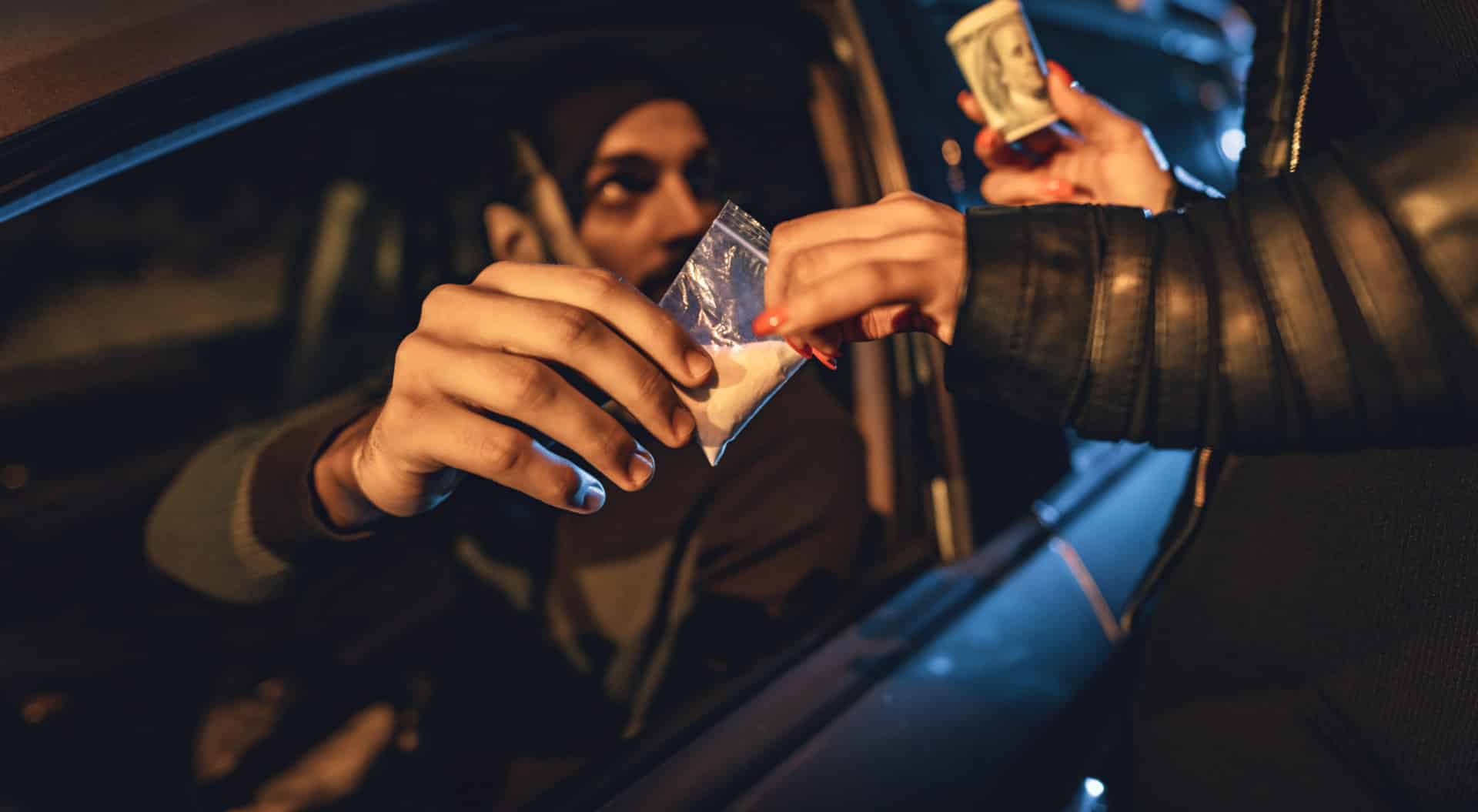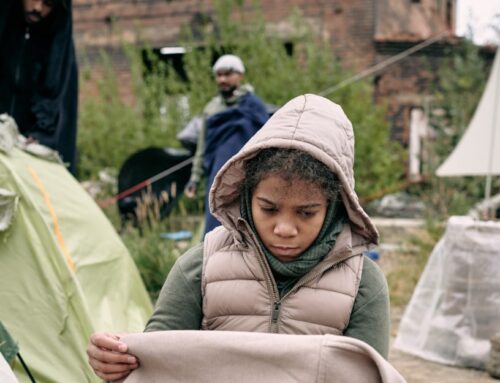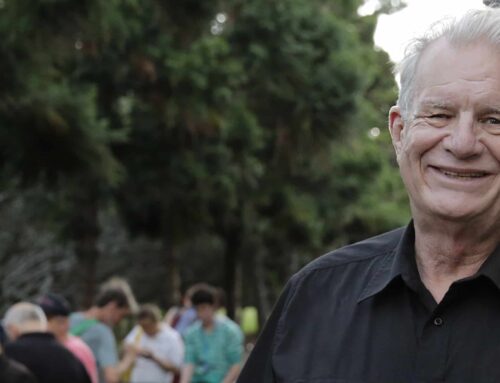I am reaching an age where I’m beginning to realise life occurs in cycles. When I was a lot younger I thought life was full of one-off events; it was immediate and it was now. For example, Kings Cross was the centre of the narcotics trade when I was young. I thought of it as a one-off event, rather than looking at it as part of the never ending cycle of human beings using mind altering substances.
The police tried to crack down on it then, as they do now, with limited success. Not least because humans tend to take drugs as they enjoy the feeling.
In the 1990s the number of people dying from drug overdoses exceeded the number of people killed in car crashes. At that time I was running a group for parents of young people who had died from drug overdoses. Every week the group’s numbers were bolstered by newly grieving parents.
The fact that drugs were illegal did nothing to stem the tide of users. What’s more, there was an enormous amount of money to be made in a raging black market. Oftentimes, the profits from selling one type of drug would be used to fund the production and sale of another. Each illicit operation could provide a source of funds for the next, even more profitable and addictive illegal drug.
How politicians supercharge drug cartels
I’m not the first to observe that harnessing moral outrage to make things illegal supercharges a black market. Look at prohibition in the USA.
In the case of narcotics, tough-on-drugs policies generate untold wealth for the cartels. In turn, their wealth drives the search for and creation of even more profitable drugs. Today the most lucrative drugs including cocaine, heroin, crystal meth and ice, are in high demand. Australians are spending about $10.3bn a year on illicit drugs. Even the most earnest policing is doomed to failure in the face of the brutal economics; supply, demand and the ability of cartels to outspend policing budgets.
How should we deal with illegal drugs?
Evidence points us in the direction of a better way to deal with illegal drugs. We know the most effective way is to concentrate on users, not dealers.
Drugs should be treated entirely as a health issue, not a legal one. We need to examine and understand the myriad of reasons why individuals use drugs and also support people in recovery.
Because I’ve been involved in the recovery movement for decades I can see the big picture. However, I fear many politicians lack that big picture view. They don’t have the lived experience to learn from decades past. So it’s hardly surprising politicians make the same policy mistakes as their predecessors.
The truth is that banning drugs hasn’t worked. It has neither stopped people using, nor has it dissuaded the cartels. Yet, politicians persist with tough-on-drugs policies. Policies that have failed in their intent to reduce consumption and supply.
A different approach
My decades of experience suggests we try a different approach: Decriminalisation. It would take drugs off the black market and thereby reduce the earnings of the cartels. Hand-in-hand with such an approach must be enhanced funding for rehabilitation and recovery.
My experience also tells me such an action would not lead to an epidemic of new users. The population can already obtain drugs with ease; those who wish to use them do, in spite of the prohibitions.
The prohibition of drugs may be just another of those cycles of humanity, albeit a political one. Perhaps in the great human story it will rank as a relatively short lived and ineffective tough-on-drugs dalliance. However, in the meantime it is only making a devilish problem worse.






We need to do a lot more psychology- nipping addiction in the bud before it starts. Role models and advice from those who have struggled with addiction all their lives. They will tell a picture that the ‘good feelings’ aren’t worth it.
I agree, god bless Bill.
Cold showers? Swim in the sea? Some coke or green tea if you’re desperate. Watermelon to sort out your emotions. Coconut juice. A good friend to chat things through with. Go and hug your Mum. Squeezed citrus juice, cordial for your mood. xo
God bless.
Have felt this way for many years.
The ENORMOUS amount of money spent on drug law enforcement could be better used helping the victims. Decriminalisation proposals often meet with claims of outcomes that the whole world will be full of drug crazed addicts.
Cigarettes are legal but, with sound public health advice, most people don’t smoke them. It is a public health problem, not a criminal problem.
Agree totally, good bless Bill.
Agree with a decriminalised policy. Check out an example of what Portugal has done – https://www.beportugal.com/portugal-drug-laws/
Good luck with your efforts.
God Bless you.
Wow Bill, you are so right, its unbelievable that the powers to be still do not get the message right.
Are they ever going to listen, understand & get it right x praying to God for them to get it.
All we can do is keep trying. Often things change over night, but it takes a long build up. God bless Bill
Great article Bill. The ‘War on Drugs’ has been one of histories great failures. It’s time for Australia to try a more healthcare centred approach to drugs, and leave the criminal penalties for the traffickers.
God bless you mate
Johann Hari talks about the difference between chemical dependance and addiction. One is the physical reliance on drugs- which can be beaten. And addiction is still wanting the drug even if you know it is not good for you. As Harry Frankfort says it is ‘having the desire without the desire’.
Many people take harder drugs to ‘self- medicate’ a bad mood. Try lemon cordial or squeezed citrus juice. It loosens your ‘chi’ energy like drugs do but in a much milder way. See Jost Sauer’s work. Sugar cheers you up instantly and makes you feel like expressing and sharing your happiness socially.
I think we should destigmatize drug use- some people really struggle and deserve to be treated with compassion- but I don’t think we should destigmatize drugs themselves. We are forgetting that they are not safe- see the work of Harvard Medical school.